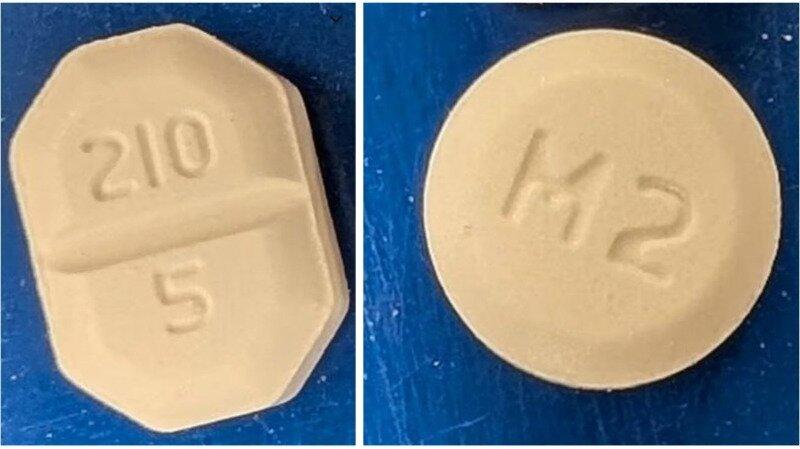Beating the heat will become essential for much of Canada this summer, with weather experts predicting warmer than normal temperatures and pervasive humidity.
Weather Network senior meteorologist Doug Gillham is predicting above average temperatures and humidity throughout July and August in Ontario, the central Prairies, Quebec, and Atlantic Canada, making this summer the perfect time to learn some hacks to beat the heat.





